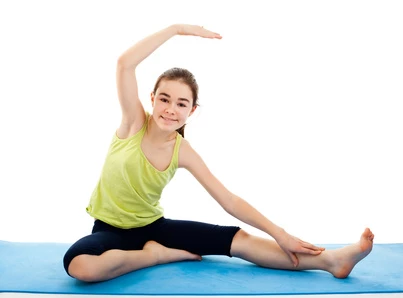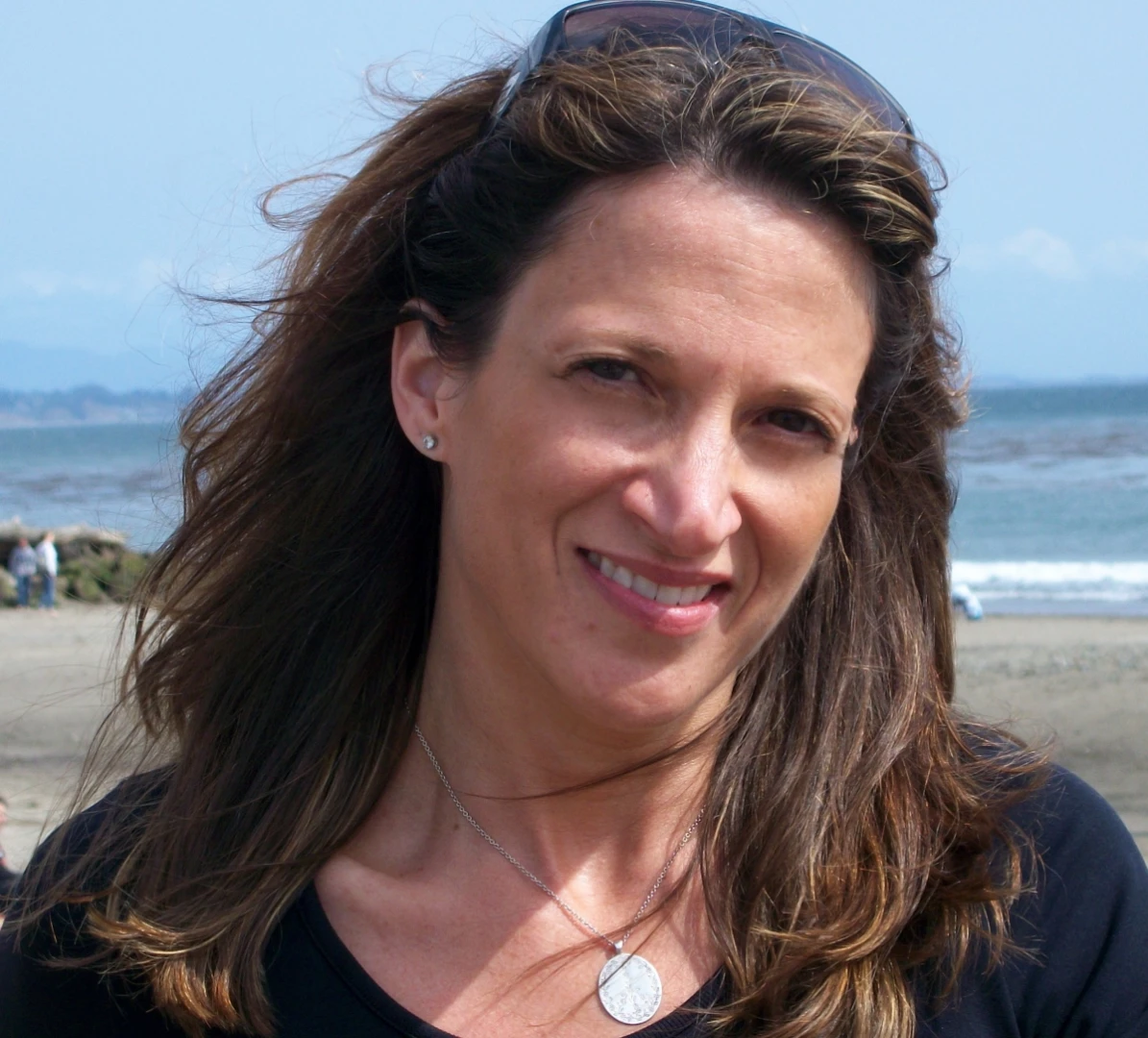Breaking the School-to-Prison Pipeline: Can Yoga Help?

The vitality of American youth is hemorrhaging through what has become known as the school-to-prison pipeline. The national school dropout rate is 25-35% and nearly 50% in the inner city. Behind those sobering statistics lie millions of human tragedies that play out on the streets of U.S. cities every day—kids hanging out on street corners and getting involved with substance abuse, gangs, and other activities that eventually land a troubling percentage of the nation’s youth behind bars.
The rising drop-out rates have developed into a huge social and economic crisis. This predicament costs American tax payers millions of dollars each year in soaring law enforcement and incarceration bills, not to mention the personal and economic costs of being a crime victim. The article How Yoga Could Help Keep Kids in School, published in Forbes on July 24, 2013, draws attention to this growing problem, and offers a solution: School-based yoga programs.
Last month the Omega institute convened a think tank of yoga teachers, researchers, scholars, and business people. Their charge, to figure out how whether yoga and mindfulness practices might curb the massive rates of school dropout, substance abuse, stress, PTSD, incarceration, and social decline in America. No small task. They examined ways in which yoga and mindfulness practices might be used to increase factors such as attention, concentration, self-control, stress management, and coping skills that are essential to academic success.
BK Bose, PhD and founder of the Niroga Institute, pointed to stress as being the central factor in undermining kid’s lives as noted in the Forbes article. He believes that chronic stress, rampant abuse, trauma, poverty, racism and substance abuse are the gateways to academic failure, leaving kids susceptible to “juvenile delinquency, crime, and violence [that] are just waiting to pounce”. Factor in obesity, diabetes, hypertension and other chronic diseases, and Bose believes that the picture is dire. “You start to see this powerful trajectory between school failure and adult outcomes”.
To squelch this downward spiral, Bose and others examined studies of mindfulness and yoga practice in schools. Mindfulness meditation studies link meditation practices such as Mindfulness Based Stress Reduction (MBSR) to increases in emotion regulation, attention, and self-regulation, factors that are key to academic success. Bose was doubtful that this strategy would work for traumatized youth. “If you’re not ready to sit in the classroom, you’re not ready to do sitting meditation. If you have drugs and gangs and violence all around you, you simply can’t sit still”, he states in the Forbes article.
Bose and colleagues believe that yoga is the answer. Preliminary research examining the effects of their 18-week, school-based Transformative Life Skills (TLS) program, suggest that relaxation skills, attention training, and movement may be linked to reducing depression, rumination, perceived-stress, physical arousal, and other factors related to school failure. Programs such as TLS and others, including one offered by the Holistic Life Foundation (HLF) in Baltimore, are relatively cost-effective, and are yielding promising results.
Rob Schware, PhD, who heads up the Give Back Yoga Foundation and the Yoga Service Council also attended the meeting. In the Forbes article he states that he believes strongly in the potential of yoga to curb the flow of the school-to-prison pipeline. A former management professional at the World Bank, Schware noted in the Forbes article that it can be difficult for efforts like TLS and HLF to be financially sustainable. Nevertheless he stated, “The math is pretty simple and clear. We’re going to get our money back many, many times over. There’s a huge potential return on investments, if we’re going to implement these things systematically”.
Clearly there is a long way to go, but movements such as these offer a ray of hope in an otherwise bleak picture. While it costs money to keep children in school, it costs Americans considerably more in human capital to deal with crime, substance abuse, and the social decay that occurs when kids aren’t given the support that they need for academic success. Bringing yoga to schools may be the first step.
 B Grace Bullock, PhD, E-RYT 500 is a psychologist, research scientist, educator, author, yoga and mindfulness expert and creator ofBREATHE: 7 Skills for Mindful Relationships. Her mission is to reduce stress, increase health and wellbeing and improve the quality of relationships. She offers classes, workshops, writing and research that combine the wisdom of applied neuroscience, psychophysiology, psychology and contemplative science and practice. Her goal is to empower individuals, groups, leaders and organizations to reduce chronic stress and increase awareness, attention, compassion, mindfulness and effective communication to strengthen relationships, release dysfunctional patterns and unlock new and healthy ways of being. Dr. Bullock is a Certified Viniyoga Therapist and Faculty at the Integrated Health Yoga Therapy (IHYT) Training program. She is the former Senior Research Scientist at the Mind & Life Institute and former Editor-in-Chief of the International Journal of Yoga Therapy. For more information see www.bgracebullock.com
B Grace Bullock, PhD, E-RYT 500 is a psychologist, research scientist, educator, author, yoga and mindfulness expert and creator ofBREATHE: 7 Skills for Mindful Relationships. Her mission is to reduce stress, increase health and wellbeing and improve the quality of relationships. She offers classes, workshops, writing and research that combine the wisdom of applied neuroscience, psychophysiology, psychology and contemplative science and practice. Her goal is to empower individuals, groups, leaders and organizations to reduce chronic stress and increase awareness, attention, compassion, mindfulness and effective communication to strengthen relationships, release dysfunctional patterns and unlock new and healthy ways of being. Dr. Bullock is a Certified Viniyoga Therapist and Faculty at the Integrated Health Yoga Therapy (IHYT) Training program. She is the former Senior Research Scientist at the Mind & Life Institute and former Editor-in-Chief of the International Journal of Yoga Therapy. For more information see www.bgracebullock.com



